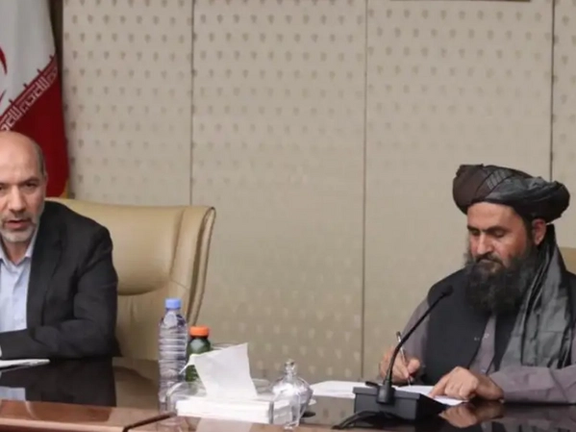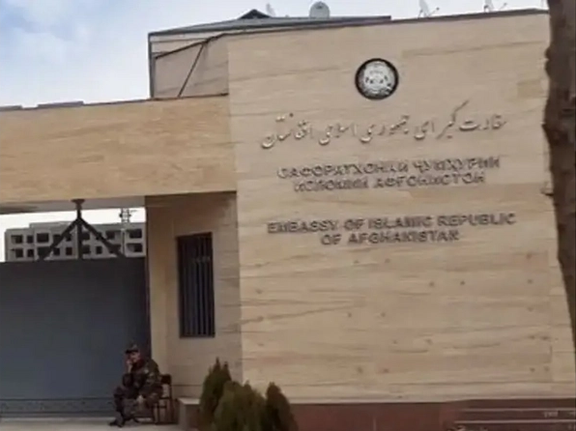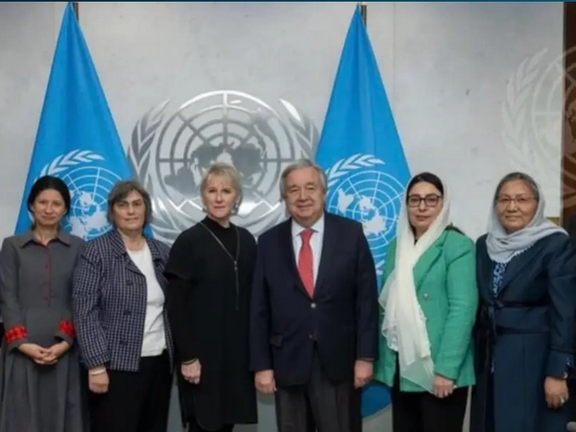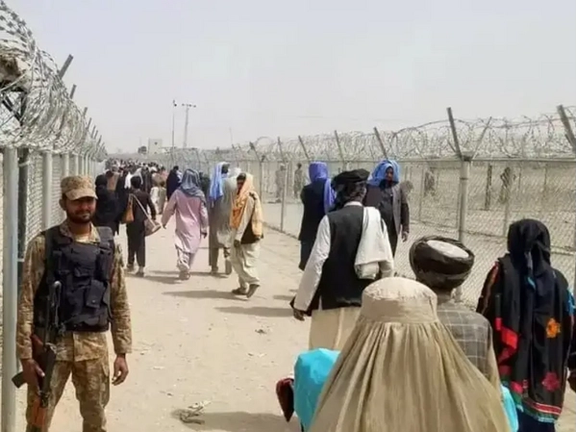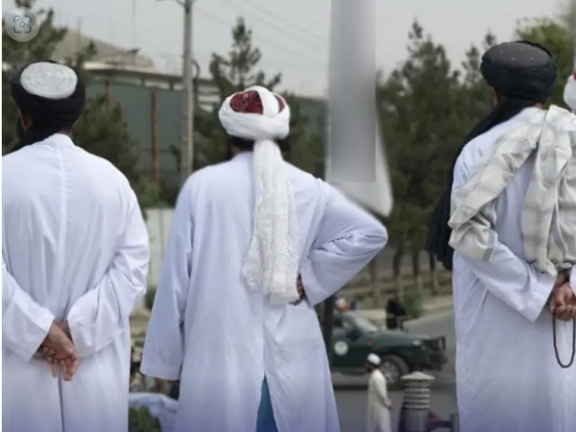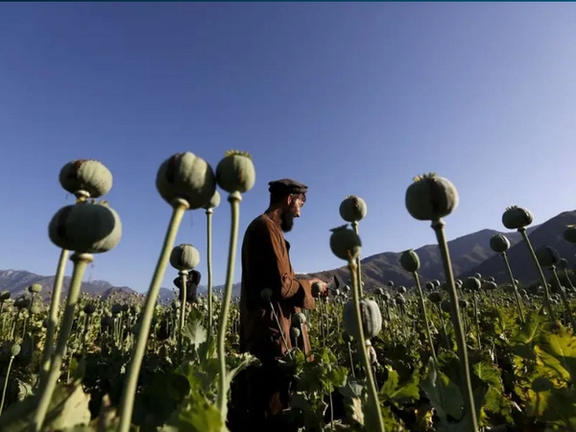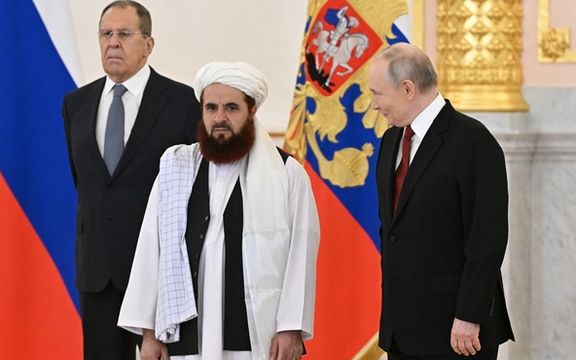In a letter from the ministry, authenticated by a reliable source to Afghanistan International, the Taliban announced the appointment of Faizullah as the first secretary of the Afghan embassy in Tajikistan.
Based on the letter, the Taliban has promised to pay the overdue six months’ salaries of the Afghan embassy staff in Tajikistan.
Tajikistan maintains a close relationship with the Taliban's opposition groups, and the former Afghan government's ambassador at the embassy in Tajikistan has consistently opposed the Taliban. However, the Taliban, despite not being officially recognised by Tajikistan, intends to establish its presence in the country by appointing a diplomat.
In the letter, the Taliban's foreign ministry has asked the Afghan embassy to inform the Tajik government about the appointment of a new diplomat.
Nonetheless, it remains uncertain whether the Tajik government will accept the Taliban's diplomats if the Afghan embassy in Dushanbe chooses to cooperate, like countries such as Turkey and Uzbekistan.
No country has recognised the Taliban in the last two years, and most of the Afghan embassies are in the control of ambassadors and employees of the previous government. However, the Taliban is trying to change the situation by appointing new diplomats at these embassies.
